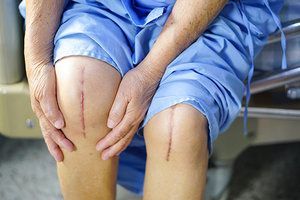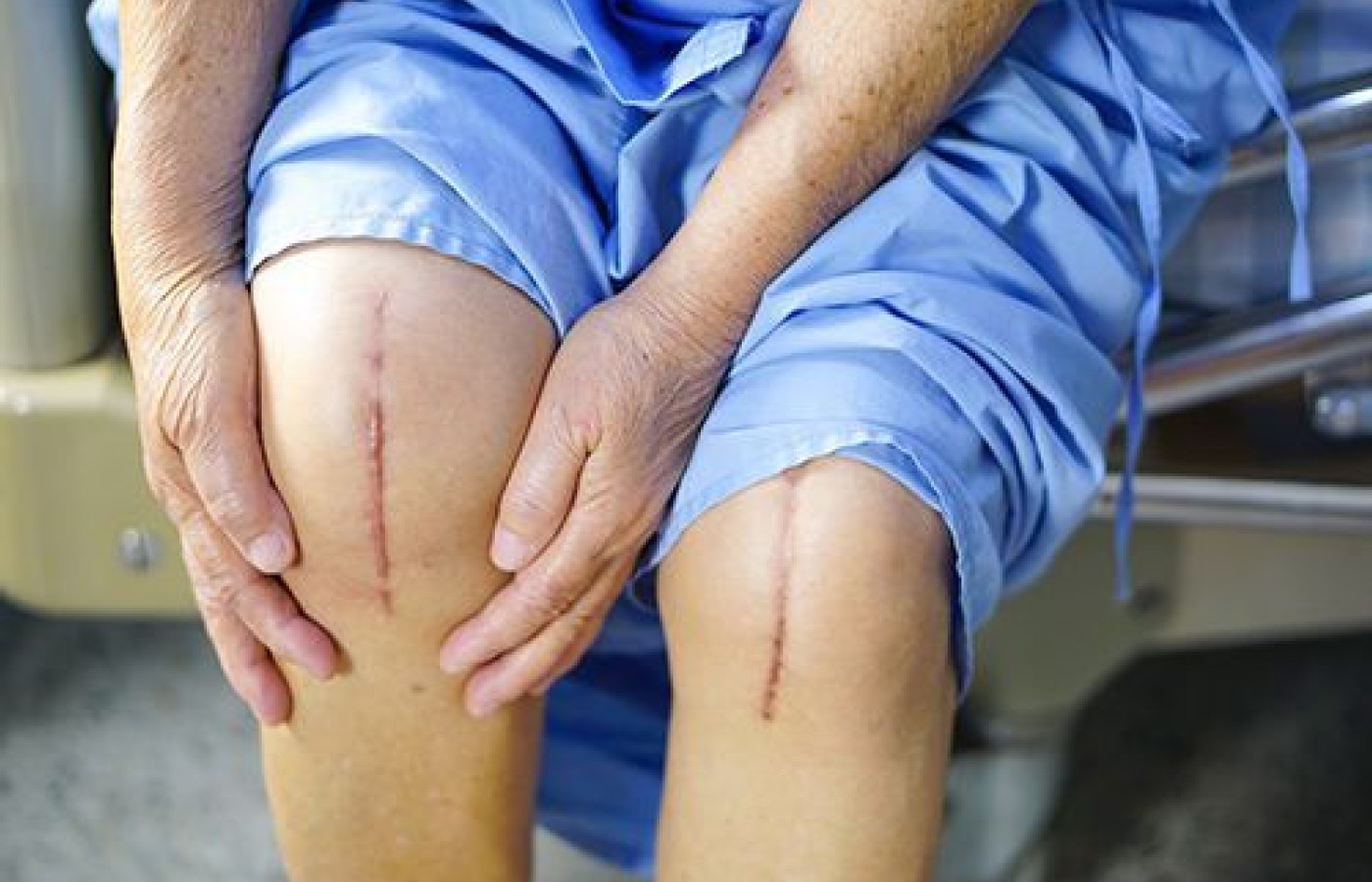The most important relationship I seek to nurture in the treatment room is the one a patient has with their own body. We live in a culture that teaches us to override pain, defer to outside authority, and push through discomfort. Patients often arrive hoping I can “fix” them, but the truth is, we can’t do the work for them. We can offer guidance, insight and support, but healing requires their full participation.
Knee Implant Surgery Calls for Acupuncture
Opioids are often prescribed to manage pain postoperatively for total knee arthroplasty (TKA). Acupuncture, specifically electroauricular acupuncture, is a better alternative, reducing and even eliminating the need for opioids, according to a prospective cohort study by S. Cheng, and colleagues, involving 41 patients.
All patients were "undergoing primary unilateral TKA under neuraxial anesthesia received a standardized, opioid-free intraoperative protocol including electroauricular acupuncture," and did not report chronic pain or opioid use within six weeks before surgery.
Electroauricular acupuncture was administered at eight specific ear points: Hypothalamus, Amygdala, Hippocampus, Prefrontal Cortex, Point Zero, Shen Men, Insula, and Vagus. Patients were discharged with a one-time prescription for 42 oxycodone pills (5 mg dose per pill) or an equivalent opioid (hydromorphone or tramadol).

The primary outcome measure: ability to maintain a "low-dose" opioid regimen, defined as 15 or fewer oxycodone pills (or 112.5 oral morphine equivalents) from surgery until 30 days postoperatively. Approximately two-thirds (65 percent) were able to do so, with 7 percent not using opioids at all for 30 days. None of the 41 patients used opioids after 30 days.
While this study did not have a comparison group, the authors note in their paper, published in Medical Acupuncture: "When comparing this cohort to a previous hospital-wide survey of patients who underwent TKA, the percentage of patients maintaining a low-dose opioid regimen was statistically significantly improved (65% versus 9%) ... While the survey data were over a 6-week period (rather than 30 days as in the current cohort), the current authors believe this had little effect as all of the current study patients had stopped opioid use by POD 30."



